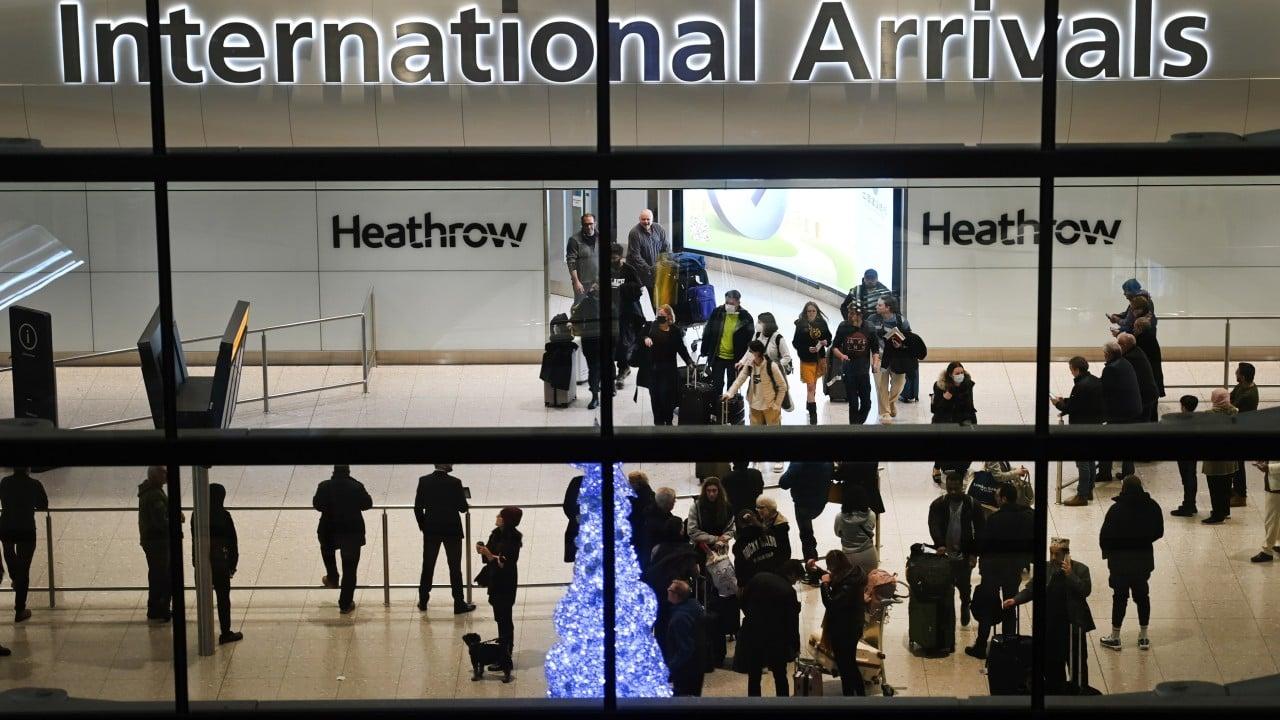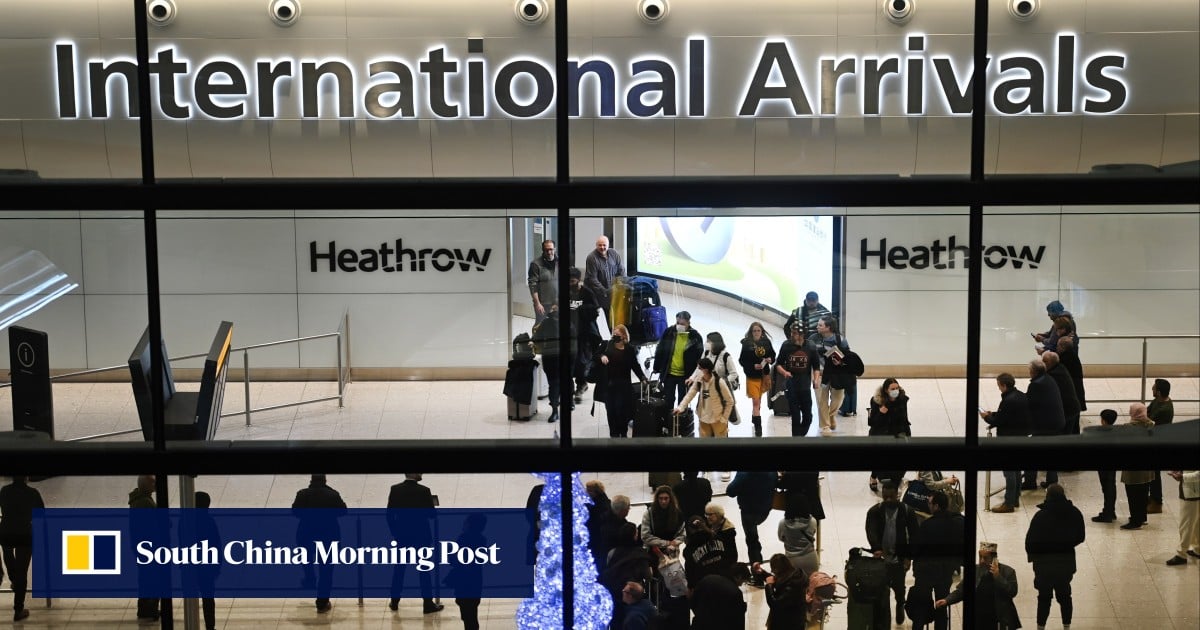

The World Health Organization on Wednesday warned that China was under-representing the impact of the virus, with Beijing only announcing 22 deaths since December.
“We believe that definition [of a Covid death] is too narrow,” said WHO emergencies director Dr Michael Ryan.
The measures are not binding, but recommendations were agreed by representatives of each of the bloc’s 27 member states at an emergency meeting of the EU’s integrated political crisis response group that ran into Wednesday evening.
As such, individual countries are not bound to implement them, but are expected to do so in line with other travel recommendations throughout the pandemic.
A European Commission spokesman said the measures were “based on discussions with some of our experts and scientists”.
“This is something which we saw the overwhelming majority of countries are in favour of, so the [European] commission is playing its role facilitating discussions and steering a common EU position,” Tim McPhie, a commission spokesman, said on Wednesday.
“Given higher population immunity in the EU, as well as the prior emergence and subsequent replacement of variants currently circulating in China … a surge in cases in China is not expected to impact the Covid-19 epidemiological situation in the EU,” the EUCDC said in a note on Tuesday.
It added that “there continues to be a lack of reliable data on Covid-19 cases, hospital admissions, [and] deaths” in China.
The Chinese mission to the EU said Brussels’ response measures “need to be science-based and proportionate, and should not affect normal travel and people-to-people exchange and cooperation”.
“This is a shared view of health authorities and experts. In doing so, it also serves the common interest and meets the expectations of people from both sides,” an embassy spokesperson said.
Some EU countries have already implemented either preflight testing or proof of vaccination requirements, including Italy, France and Spain, leading to calls for a unified bloc-wide approach.
The United States, Britain, Canada, Japan and Taiwan are among the other jurisdictions to have introduced pretesting requirements for flights leaving China, drawing Beijing’s wrath in return.
[embedded content]
China’s foreign ministry has warned that there will be “countermeasures, following the reciprocity principle” for those countries that implement restrictions.
“Some countries have implemented entry restrictions targeting only Chinese travellers. This has no scientific basis, and some practices are unacceptable,” ministry spokeswoman Mao Ning said on Tuesday.
Yet travellers to China have faced stringent testing and quarantine requirements for the past three years.
Dana Spinant, an EU spokeswoman, said in response to Mao: “We take the measures that we believe are justified in line with the evolution of the situation in China.”
The EU says it has offered free Covid-19 vaccines to China and that Beijing has yet to respond.
While China’s official data shows more than 90 per cent of the population has been vaccinated, the country has yet to approve mRNA vaccines, while it has struggled to boost the vaccination rate among the elderly.
“Our offer is on the table. We’re ready to work with the Chinese authorities,” said McPhie, the spokesman.
Meanwhile, the global airline industry hit out at governments imposing travel restrictions.
“It is extremely disappointing to see this knee-jerk reinstatement of measures that have proven ineffective over the last three years,” said Willie Walsh, director general of the International Air Transport Association.
The EU’s move marks a rollback on its December decision to suspend all Covid-19 travel restrictions.
However, in a notice posted on the European Council’s website on December 21, the EU said it reserved the right to restore any measures.
“In case of severe worsening of the epidemiological situation in EU or non-EU countries, member states should decide in a coordinated manner to reintroduce appropriate requirements for travellers prior to their departure,” read the note.


